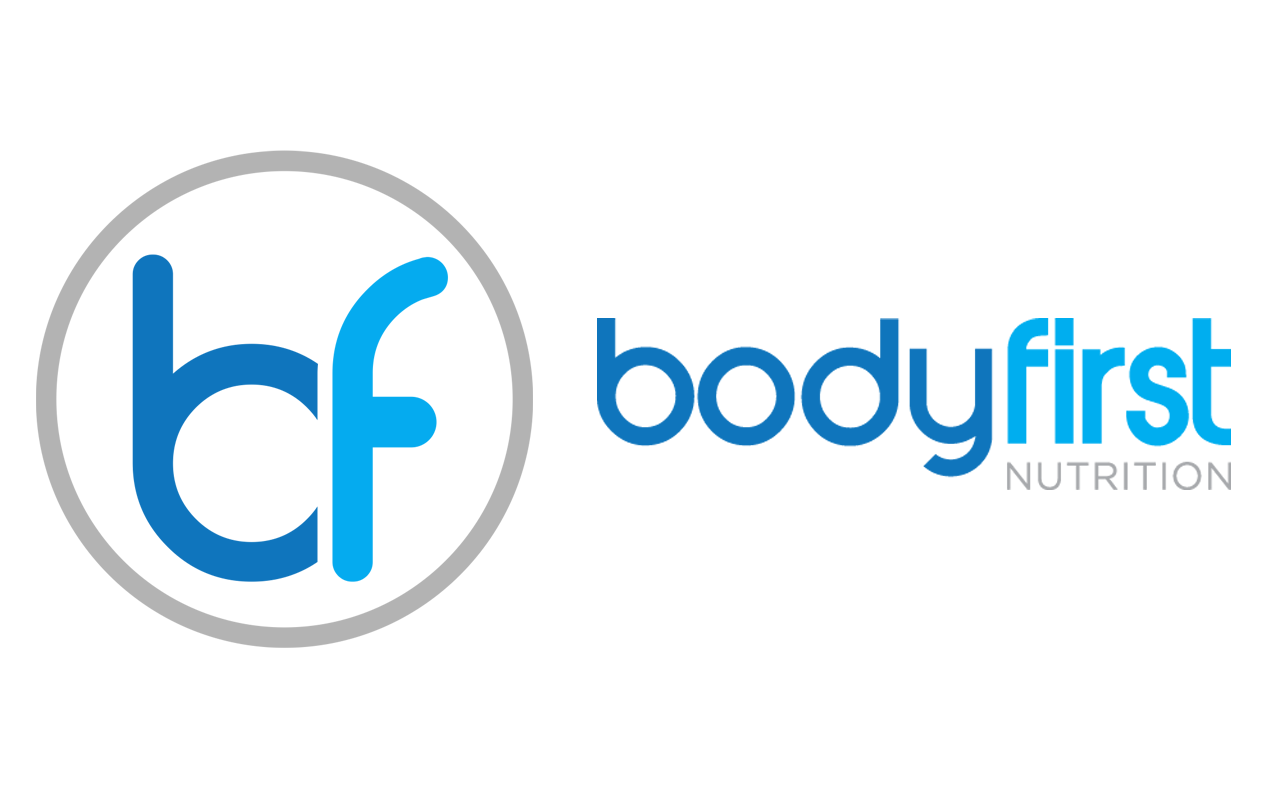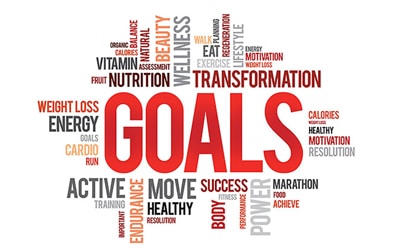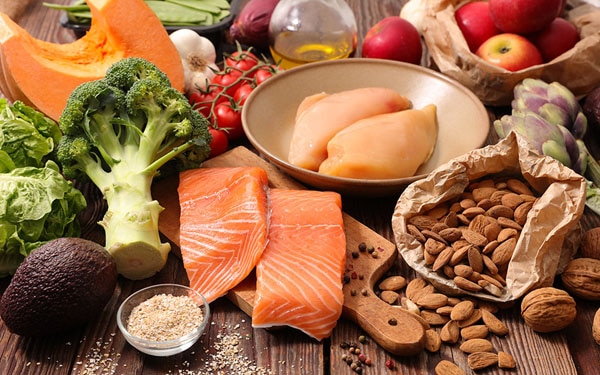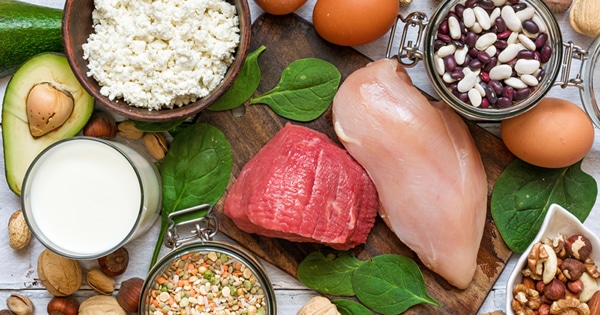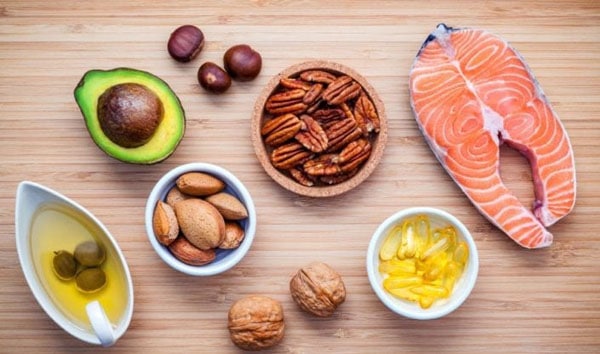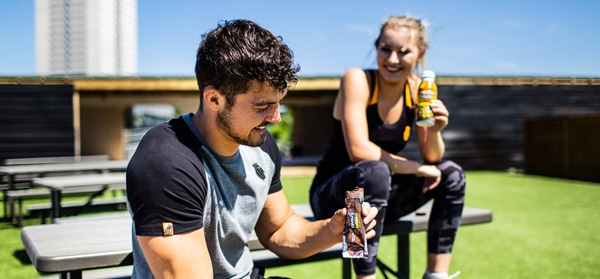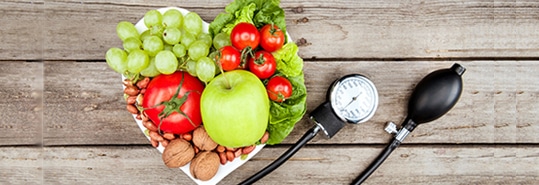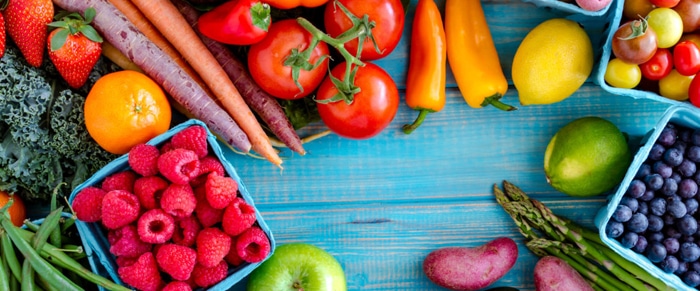Get back on track (Part 1)
GETTING BACK ON TRACK IN THE NEW YEAR – PART 1: GOAL SETTING AND HABIT FORMATION
Easing our way into the New Year and slowly seeing some separation between the days again – they don’t all just blur into one anymore tinged with lots of food and drink and good times.
Routine is on the horizon once more and many of us our wondering how to get our nutrition and health/fitness back on track after a potentially indulgent festive period.
This article is here to help you do that. How to get things back on track after a few weeks (or maybe longer) of having not paid too much attention to anything but the social side of health. And how to keep things going once they are back on track so that you don’t end up just another resolutioner, doomed to fall off once again after a few weeks of concerted effort.
This first post will be in relation to goal setting and creating habits since this will be an important part of getting back on track – knowing what you actually want to accomplish.
1. Make sure your goal is YOUR goal
Goal setting is very trendy right now at this time of year. Many goals are almost clichéd at this point. Eat better, exercise more, work on your relationships, do more of what makes you happy etc.
Just be careful you don’t get caught up in some bandwagon antics and attach yourself to a goal that doesn’t have much meaning to you. That’s the key – it needs to MEAN something to you deep down. If it’s not meaningful then why would you do it? It wouldn’t make sense to put in the effort and make the sacrifices necessary to achieve a goal if it doesn’t really matter to you. Find a goal that’s important to you and firmly establish WHY it’s important to you. If it’s not important then you won’t be able to keep it a priority once the initial motivation wears off.
2. Break your big goal down into behaviour goals
This is one of the most important aspects of achieving your goals here in the New Year. After point one you have an idea of where you want to go, a specific destination. And it’s important to you. Next you need a roadmap to help you get there. You become your habits so it’s key that you aim to establish some habits that will help you towards your destination. These will map the way. It will be the some of small repeated efforts that gets you to where you want to go.
For example if the goal is to lose one stone that’s the destination (and you must know explicitly why you want to lose it – point one again). What habits or behaviours might help you get there and pave the way? This is what you’re looking for. In this case it could be that you will eat more protein at each meal because that will help you be full and support good energy levels – therefore you can eat less (less calories anyway – eating healthily tends to amount to a lot of food on the plate) and lose the weight. There are many potential behaviour/habit goals you could go for – list them all out and then pick one or two to work on at a time. Any more than that can be overwhelming. Which brings me onto point three.
3. Set the bar low enough on your behaviour goals to succeed
One of the quickest ways to fail, fall off and lose motivation is to set your goals too far beyond your reach starting out. With any goal there is a sweet spot where it’s not too easy to achieve that you become bored with it and it’s not too hard that it seems unattainable. When starting out then it’s better to set the bar low enough that you can achieve what you’ve set out to do, with a put of a push outside your comfort zone and that you can do it consistently enough that you feel motivated and confident that you can keep going with it.
For example – if you wanted to eat more fruit and vegetables as a goal for fat-loss (this would be a good idea since they’re very healthy and also very filling and low in calories) and you currently eat two servings per day. Setting your bar for success (where anything less is a failure) at ten servings per day is probably a stretch too far. And obviously setting it at two servings is no improvement and something you’re doing already. The sweet spot here might be four servings per day. And if you find that after a couple of weeks you’re able to do that easily enough then it’s time to raise the bar up to five or six servings. You’ll feel good that you’re doing what you set out to accomplish and you’ll therefore keep going. Setting the bar so high that the target overwhelms you into inaction or worse, back into bad habits, will get you nowhere. Literally. Find your sweet spot and start there. If in doubt, start small and work your way up. When setting a target you should be about an 8/10 or better in terms of confidence you can do it.

4. Track the progress of your habits
Once of the best ways to stick with a new habit is to be able to physically monitor how it’s going for you. If we don’t track our behaviours in some way it can be all too easy to fool ourselves into doing enough or justifying it when we don’t. Some sort of objective measurement though will lay it all out for you though with nowhere to hide. There are so many ways to do this. It could be as simple as marking a calendar with a big ‘X’ each day you do a habit you were meant to. You’ll be able to see in real time how you’re doing and if you get a streak of ‘X’s going trust me you won’t want to break it. Whatever way you want to track and measure your progress, do it.
Note this relates to habits more so than progress towards outcomes like losing one stone where you might use tape measurements or photos or how clothes feel. Those are all fine ways to track overall or bigger picture progress but what I mean here is how can you track your progress for the habits that will get you to that outcome goal. How well are you driving the road to that destination – that’s what we want to know.
5. If you miss a habit, get back to it at the next opportunity
It is absolutely inevitable that with the habits we set, even if we are tracking them, that we will miss one every now and again. We’re human and life happens. It’s okay. It’s what you do next that matters. Aim to not miss your habit more than two times in a row. If you have to skip a workout one day , fine, try not to miss the next one you have scheduled. I mentioned creating habit streaks in point four – they’re made to be broken! You won’t maintain a habit one hundred percent of the time and you shouldn’t expect to. What you should expect is to miss one every so often but to acknowledge that’s okay and get back to it at the next opportunity. And if you find yourself missing them more often than not it might be that you aren’t operating in your sweet spot (point three) and that the goal/habit needs shrinking back to make it more manageable. Or perhaps you need to try a new behaviour goal altogether. The ones you pause will always be there for you to come back to them.
6. Be specific about your habit intentions
With behaviour goals/habits as much as possible you want to be specific in where and when and how you’re going to do them. For example – it’s too vague to say ‘I will go to the gym three times this week’ (it’s not really too vague but being more specific will make it more likely to happen, the science is clear on this) whereas if you can say ‘I will go to the gym on the way home from work Monday, Wednesday and Friday this week’ that is much better. That is something you can write down and put into your calendar – it’s an appointment with yourself. Chances are you don’t miss many appointments you book – dentists, doctors, hairdressers etc. there’s a reason for that. Harness the power of the intention and the amount you do your habits will skyrocket. And that will make a big difference. You may not be able to keep every appointment like I’ve said in point five but it’s less likely you’ll miss out and if you do, you’ll be quicker to reschedule.
By Brian Ó hÁonghusa
Nutritionist & Head Coach, The Fit Clinic
Instagram: @brianohaonghusa
